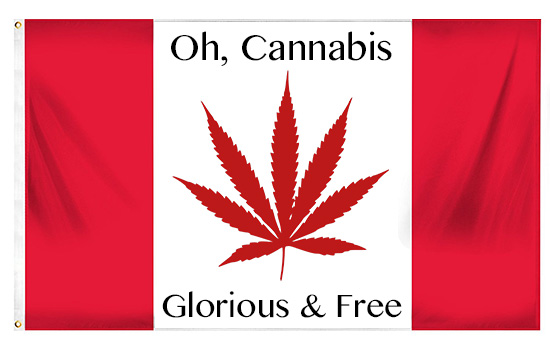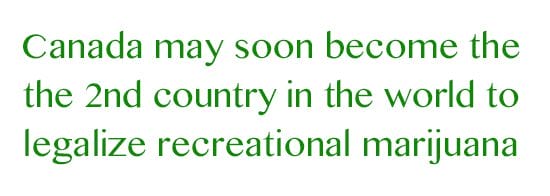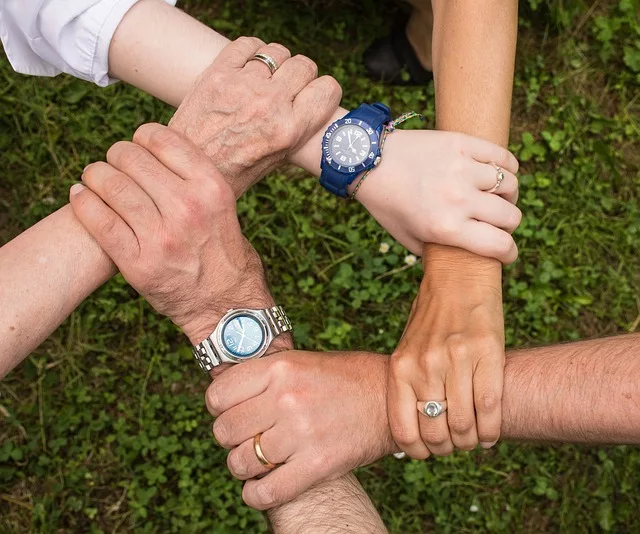The United States’ friendly neighbor to the north is set to make continental history by legalizing the sale of recreational marijuana. Canada will be the first country in North America to enact these measures. In the world, it is only second to Uruguay. But the process hasn’t come without its difficulties.


“There’s no exact date, but if you do the math, you’ll see it won’t be July 2018,” Canadian Health Minister Ginette Petipas Taylor told CBC News earlier this month. “Cannabis legalization is not about a date, it’s about a process… We want this process done as seamlessly as possible.”
In the U.S., 26 states and the District of Columbia have some type of legalized marijuana legislation. This includes eight states that allow for recreational sales and consumption. However, there are several important differences between the marijuana markets in the states and the Canadian system.
What’s the Difference Between the United States and Canada Regarding Marijuana Legalization?
- Cannabis remains illegal in the U.S. as far as the federal government is concerned, which makes it difficult for retailers to deposit their profits in federally insured banks
- With the system in place, cannabis retailers will carry the Canadian government’s stamp of approval, enabling them to operate without the threat of enforcement actions that U.S. retailers may still encounter.
- In Canada, marijuana consumers shop and purchase products exclusively online as opposed to the U.S. where most states have a mix of brick-and-mortar shops, as well as online and delivery services
- The national marijuana market in Canada is estimated to generate $2.3 to $4.5 billion by 2021, similar to statewide profit estimates for California alone.
What is the Timeline for Legalizing Cannabis in Canada?
Prime Minister Justin Trudeau’s government hoped the Cannabis Act, which enjoys wide public support, would be operational by July 2018. However, it ran into some legislative roadblocks set up by Tories, Canada’s conservative political party.
“Conservative senators are worried the legislation will endanger youth. It might increase smoking rates, complicate the work of police officers, lead to a backlog of court cases for possession offenses, and do little to curb black market sales of the drug,” writes CBC News reporter John Paul Tasker.
Similar to marijuana advocates in the U.S., supporters of Canada’s move to legalize pot point to a long-time failed war on drugs. It has done little to zero to stop profits from ending up in the hands of organized crime.
Countries that have decriminalized or legalized drugs have essentially eased the stigma associated with drug addiction and dependency. They find it much easier to set up and implement treatment programs that help people.
While states in the U.S. continue to push forward with legalization, even at the risk of law enforcement raids ordered by the federal government, political parties in Canada have finally come to a compromise. They have agreed on the enactment by or before June 7, 2018.
“This should give stakeholders, governments, businesses, law enforcement agencies, and other Canadians a timeline for how and when the bill will be dealt with by the Upper Chamber,” Senator Peter Harder told CBC News.
The lead-time allows the government to make the necessary changes to its criminal code. It also allows them to study the country’s international obligations created by legalization, including enforcement policies at Canada’s borders.
Senator Tony Dean, who sponsored the bill, outlined his reasons for bringing it forward. He voiced his approval of Canada taking the lead in North America’s efforts to legalize marijuana. “I think it’s broadly recognized that criminalizing cannabis has been a failure,” Dean said.
Related:
Driving Under the Influence Just Got a Lot Weirder
Portugal’s Decriminalization Success for Addiction and Drug Abuse
Cannabinoid Hyperemesis Syndrome is Marijuana Sickness





